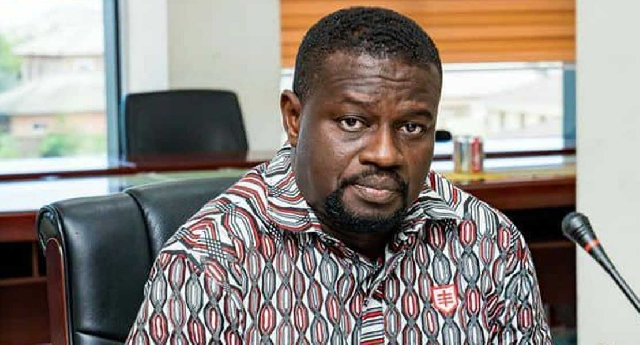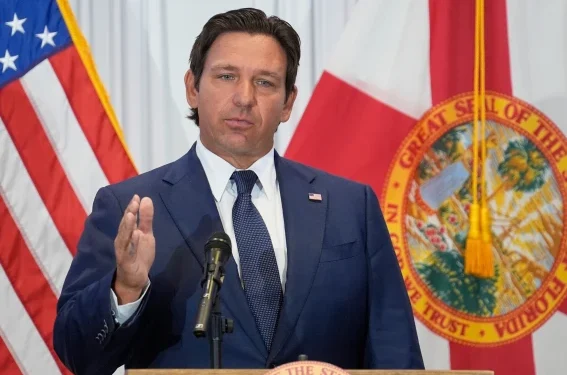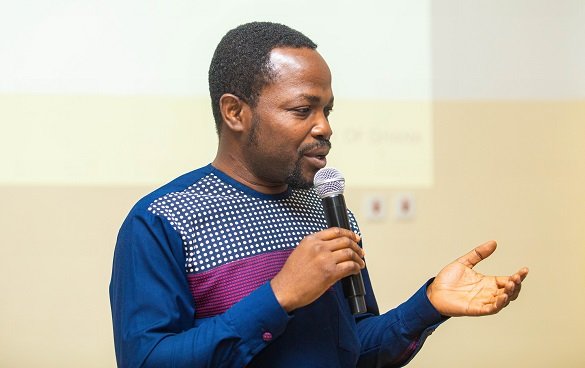In the wake of a tragic accident that occurred in East Legon, Ghana, which involved a young, underage driver, concerns about road safety have once again come to the forefront of public discourse.
The incident has sparked discussions about the country’s road safety regulations and enforcement, highlighting both systemic issues and the need for reform.
In an in-depth discussion on road safety in Ghana, transport consultant Mr. Cecil Garbrah laid out the fundamental challenges the nation faces in reducing road accidents.
His candid analysis exposed systemic problems, including the lack of seriousness in road safety management, the underutilization of available laws, and the poor enforcement of existing traffic regulations.
Mr. Garbrah’s statement provided a sobering reality check on the nation’s ongoing struggle with road crashes.
Mr. Garbrah began his remarks by lamenting the country’s inconsistent approach to road safety. He stressed that road safety is not given the priority it deserves, a reflection of how the issue is handled only in response to major accidents.
“We have been joking with road safety. That is, it, we are joking. We wait till there’s a big bang. Then what happens? We’ll talk about it. And then the pressure comes down. Many more accidents occur.”
Mr. Cecil Garbrah transport consultant
His comments highlight a reactive rather than proactive approach to road safety, which has allowed road accidents to persist as a major public safety issue.
Mr. Garbrah pointed out that while some progress has been made in certain years, this year has seen a troubling increase in road crashes.
Lack of Resources and Budget for Road Safety
One of the main obstacles to improving road safety, according to Mr. Garbrah, is the lack of proper resources allocated to the agencies responsible for ensuring safety on the roads.
“If you look at the National Road Safety Authority, you’ve got the men working. Other end, they don’t have equipment. When I talk about the equipment, I even start with vehicles. Vehicles [to] run around, check, work with DVLA, work with other stakeholders. They don’t have it.”
Mr. Cecil Garbrah transport consultant
Mr. Garbrah questioned the government’s budget allocation for road safety and argued that the situation could be improved with proper funding and resources.
He also pointed out that road safety has the potential to generate revenue through fines imposed on those who violate traffic regulations, such as drivers using mobile phones or not wearing seat belts.
Enforcement of Traffic Laws: A Major Problem

While Ghana has one of the most robust legislative frameworks for road safety in Africa, Mr. Garbrah highlighted the gap between having laws and enforcing them.
“We have the best legislative instrument in Africa… But we have the best and we are not using it. We have all the men, I mean, right from all the stakeholders, National Road Safety Authority, DVLA, [and] other stakeholders. We have the right people to work.”
Mr. Cecil Garbrah transport consultant
However, enforcement remains the key issue. Mr. Garbrah pointed to common road infractions that often go unchecked.
“You see someone riding a bicycle without lights and am telling everyone just look out [for it], it is all over. But then if you look at the LI, it states specifically that you cannot ride a motorbike, you cannot drive, without lights.”
Mr. Cecil Garbrah transport consultant
Mr. Garbrah praised the Inspector General of Police (IGP) for deploying motor riders to check traffic violations, but he maintained that enforcement is still lacking in many areas.
Without consistent enforcement, laws remain ineffective, and road safety becomes more of a suggestion than a rule.

Problem with Age Limits for Drivers
Mr. Garbrah also addressed the age limit for obtaining a driving license in Ghana. He believes that the current legal age of 18, while appropriate in the past, may need to be reconsidered.
“You look at the 16-year-old boy or girl, plumpy, very intelligent. Let’s review the laws. Our laws, the 18 was implemented somewhere in 1996… The lactogen babies are no more lactogen babies. You talk to a 16-year-old, and then you have a chat with him. Some of the things that he knows, you don’t know.”
Mr. Cecil Garbrah transport consultant
He emphasized that intelligence and maturity should be the main criteria for determining whether someone is fit to drive, not necessarily their age.
This issue was particularly relevant to the recent accident in East Legon involving a 16-year-old driver, which Garbrah cited as an example of how the current laws might not reflect modern realities.
The Need for Public Awareness and Political Will
One of the most poignant points in Mr. Garbrah’s discussion was the lack of political will to address road safety as a national priority.
“Every politician will come and say vote for me. Have you had any politician talking about road safety to say, vote for me and then accident will be the issue of yesterday? No.”
Mr. Cecil Garbrah transport consultant
He stressed the need for a national conversation on road safety that transcends political cycles and focuses on practical solutions.
Without serious political engagement and public awareness, the country will continue to experience avoidable road crashes.
Mr. Cecil Garbrah’s candid remarks on road safety in Ghana shed light on the multifaceted nature of the problem. While Ghana has the necessary laws, institutions, and personnel in place, the lack of resources, weak enforcement, and political will have hindered progress.
To reduce road crashes and save lives, the country must treat road safety as a serious national priority, allocate adequate resources to enforcement agencies, and engage in a sustained public conversation on the issue.
READ ALSO; Stonebwoy Set To Perform At Emmanuel Adebayor’s Silver Jubilee Celebration























